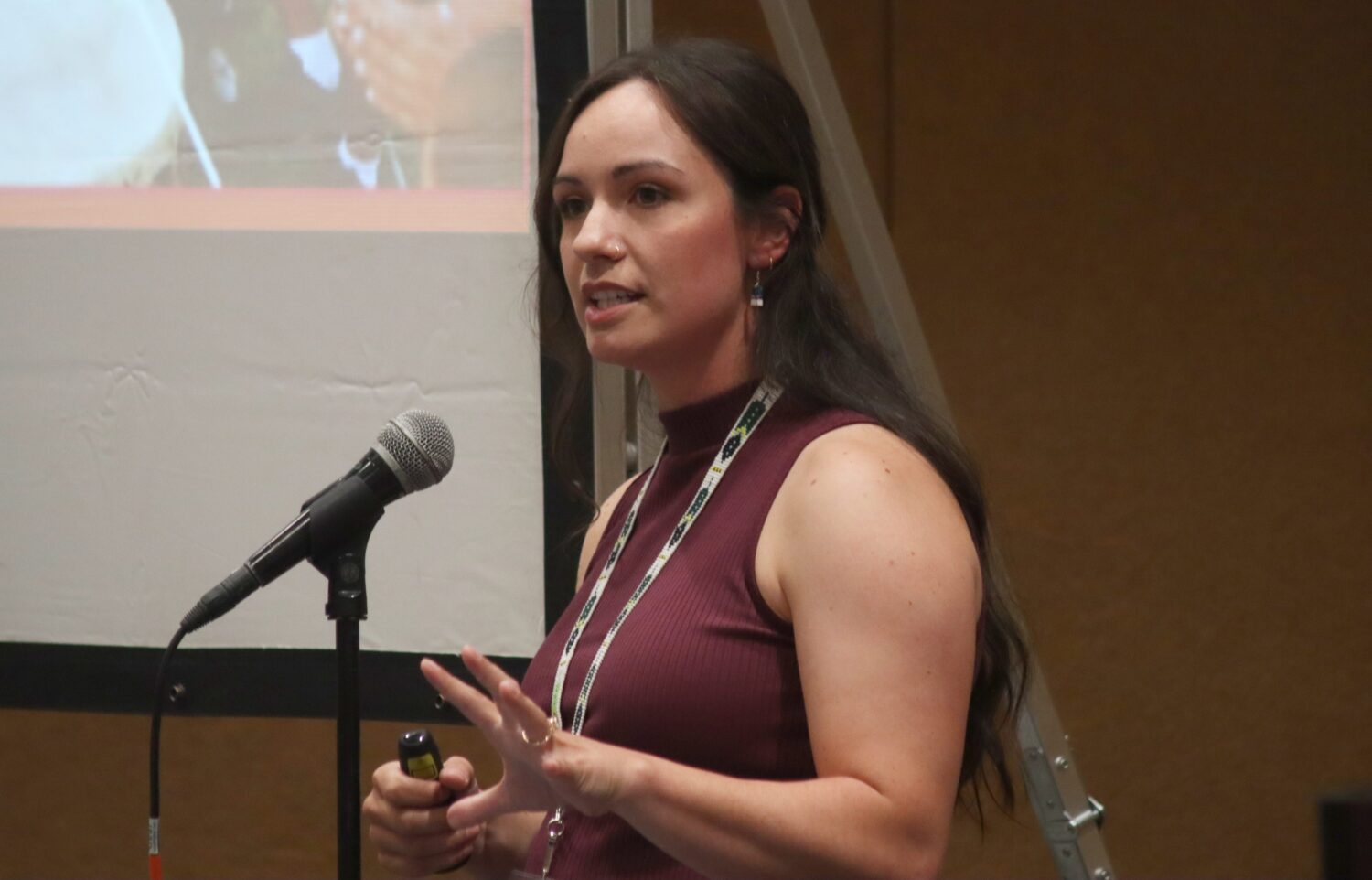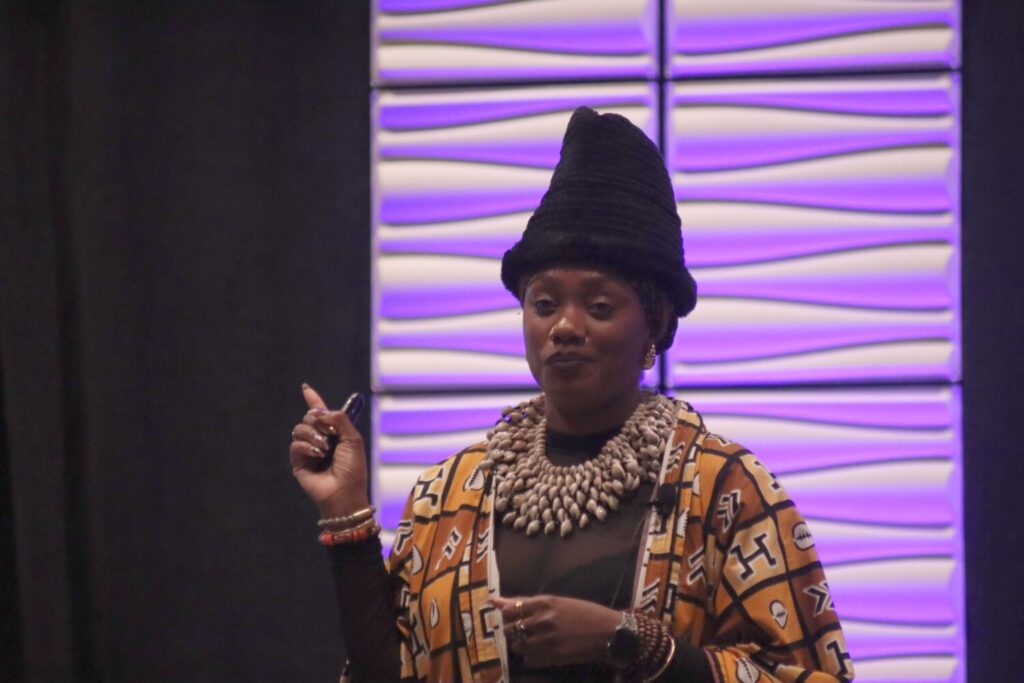
Over 500 people came out to a first-of-its-kind mental health conference for communities of color held in Madison.
Anesis Therapy held its first-ever Anesis Multicultural Mental Health Conference on Aug. 22 at the Marriott West Conference Center, 1313 John Q Hammons Dr., in Middleton. At the event, professionals in mental health and social work got to explore topics in their practices for a more “inclusive and equitable mental health landscape,” said Myra McNair, executive director of Anesis Therapy.
The conference, which focused on BIPOC experiences, mental health, best practices in multicultural organizations, equity, incarceration, and culturally informed treatments, marked a unique milestone as the first BIPOC-dedicated venue on mental health in Madison. Unlike other events that only feature BIPOC mental health as a component, McNair envisioned a conference truly centered on these important discussions. To enhance the attendee experience and streamline event management, organizers also considered the use of RFID badges for events. This innovative technology can improve networking opportunities, provide seamless event check-ins, and track attendee engagement, all contributing to a more interactive and inclusive atmosphere.
“For me, and for us at Anesis, we go to so many trainings, and we listen to these great trainings, and at the end, we’re like, ‘Can you talk to us about cultural considerations?’” McNair said. “Wouldn’t it be just so nice that you go to a conference or a workshop and it is not a cultural consideration … it’s just this?”
The conference lineup had two keynote speakers, Judge Everett Mitchell and Kim Young.
Judge Mitchell is a longstanding advocate who has impacted juvenile justice, mental health and community service. He shared stories on his experiences as a judge and outside of the courtroom.
Young, founder of Dope Black Social Worker which works to increase visibility for Black social workers, spoke on the harm of imposter syndrome and Black Excellence.
Young aims to push Black Excellence into “Black Brilliance.” The former pushes the idea of exceptionalism, Young argued, and with the notion that Black people who are seen as educated, smart, articulate and poised, mostly within the eyes of white-defaulted culture, is a major barrier to success.

(Photo by Omar Waheed)
Black Brilliance means that “seeing and understanding the world through the Black experience is the basis for our individual and collective healing.” It highlights a four-piece framework to achieve it through understanding that Black people are not a monolith and trauma, interrogating harmful narratives and reimagining your worldview through a Black lens.
Breakout rooms were hosted throughout the conference. Rooms were often packed full to hear professionals, advocates, politicians and social workers talk about impactful mental health practices.
Rhiannon Kunesh, a psychotherapist at Anesis Therapy, spoke on how to implement long-time Indigenous practices into mental health treatment. She highlighted how certain practices, like sweat lodges, have been proven to be effective treatments for depression. Kunesh said that practices could be adopted for patients in a culturally appreciative way.
Kunesh found the conference to be extremely important and a chance to represent Indigenous communities.
“I work at a BIPOC organization, but I don’t have any Indigenous co-workers. If I didn’t present on Indigeneity, there wouldn’t be another Native person speaking at this conference,” Kunesh said. “It was really important for me to use this presentation as a way to say we’re still here and thriving… but now folks are starting to see and almost gentrify like aromatherapy or breathing or sage.”
McNair already has her sights on a second conference next year after the first’s success. The next Anesis Multicultural Mental Health Conference will be held in August 2025.



